Strange Car Noises: What Do They Mean?
Learn what the true sources of common car sounds are and what you can do about them.
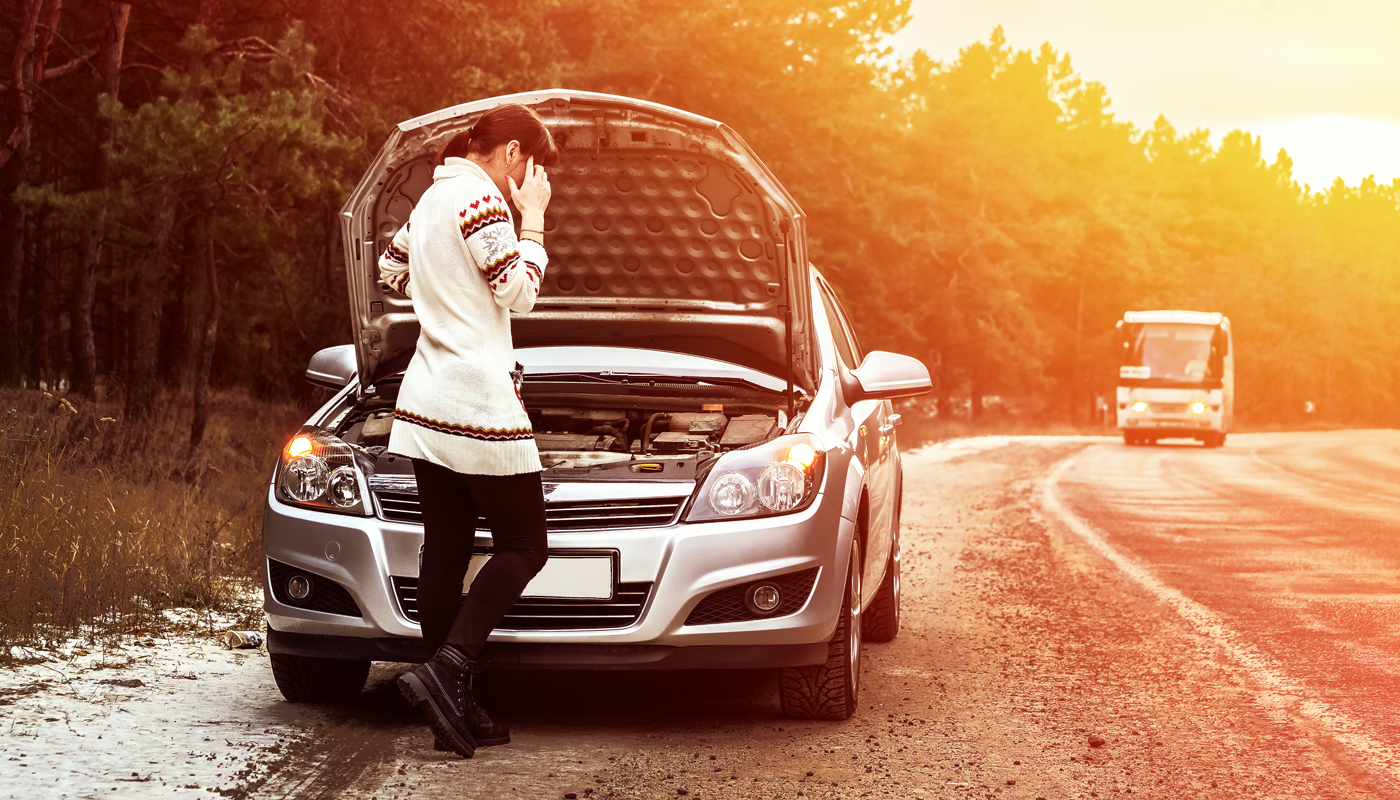 Adobe
Adobe
Is a persistent car noise leaving you wondering if a ghost has decided to hitch a ride in your car? Or maybe a werewolf has taken up residence under the hood? It’s easy to imagine that your car might simply be haunted. But rest assured, there are more down-to-earth explanations for those spooky sounds.
When your car begins making roars, squeaks or rattles, it's signaling that something’s wrong. Ignoring these noises can lead to bigger problems, leaving you stranded with a hefty repair bill that could have been avoided.
Common Car Noises and What They Mean
By identifying these eight common car noises, you can better understand the underlying mechanical issues and what you need to do about them before they escalate.
1. “Rurring” or Clicking Noises When Starting Your Car
Hearing a repetitive "rurring" noise when you turn the ignition? It likely means your car battery is struggling and may need a charge. If the sound becomes a rapid clicking when you turn the key, your battery is likely dead. While jumper cables can help temporarily, if the battery continues to lose its charge, you’ll need a replacement. Learn more about battery care to avoid being stranded.
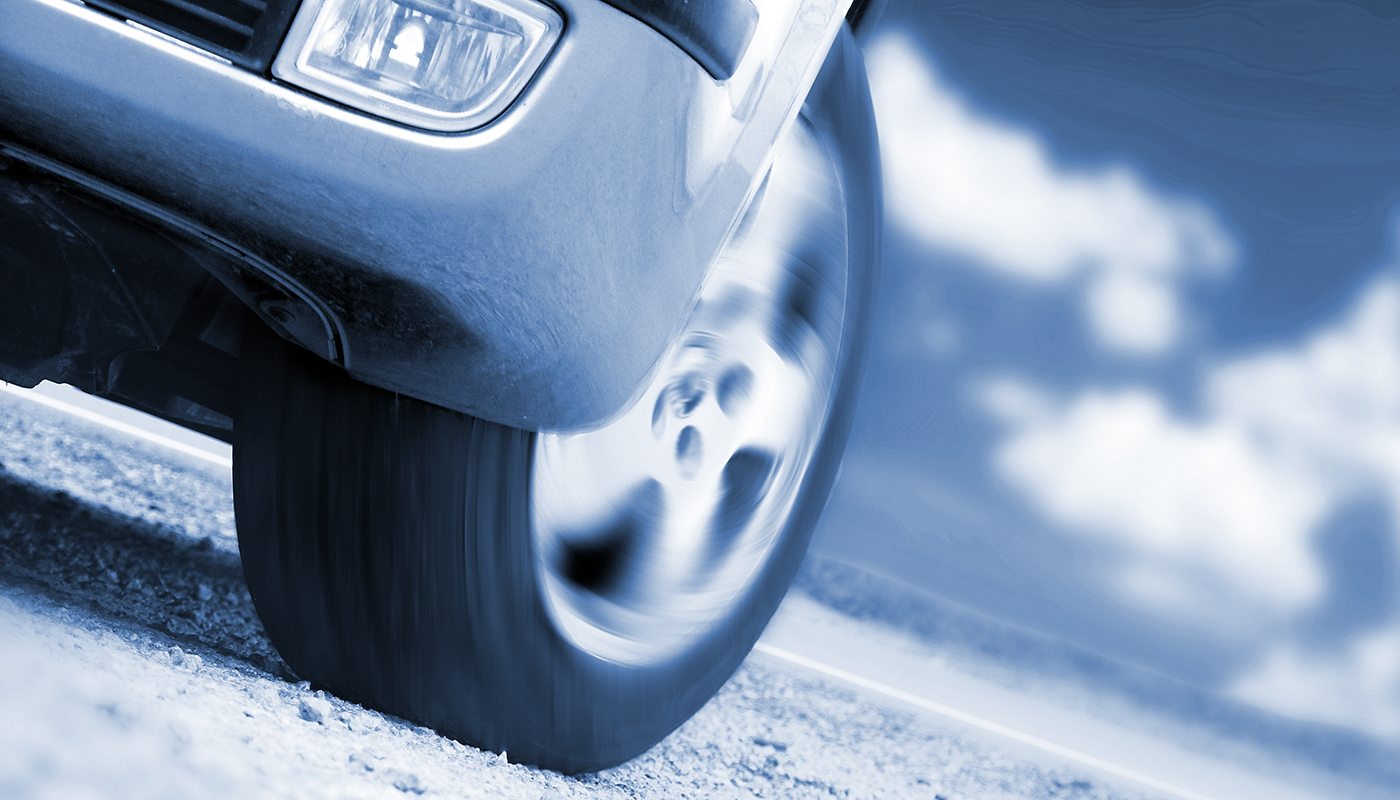 Adobe
Adobe
2. Clicking or Popping When Turning
Clicking or popping while turning is often a sign of worn-out constant velocity (CV) joints, which are essential for transmitting power to the wheels. Damaged CV joints can loosen and create noise, especially when turning. If ignored, you risk damage to your drivetrain, so it’s crucial to have them checked by a mechanic.
3. Squeaking When Turning
Squeaking while turning is typically tied to your steering system. This could be due to low power steering fluid or issues with the steering pump and rack. If you experience stiff steering along with the noise, it’s time to inspect the system and possibly refill or replace the fluid.
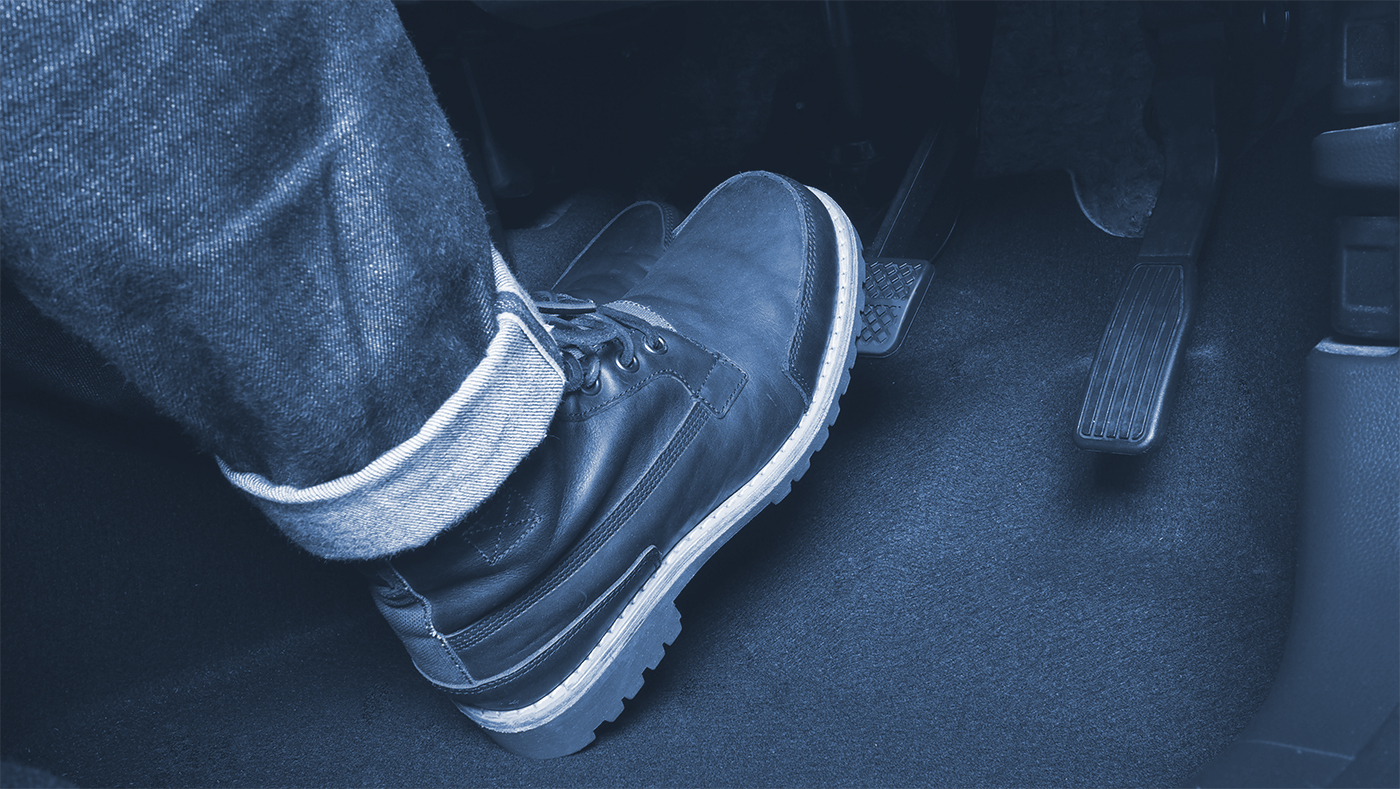 Adobe
Adobe
4. Squealing When Braking
Squealing brakes can be normal when wet, but if you hear a high-pitched squeal consistently, it’s likely a sign that your brake pads are worn down. If the sound escalates to a harsh grinding, your brake pads may be completely worn out, causing metal-on-metal contact. This is a serious safety concern and requires immediate attention.
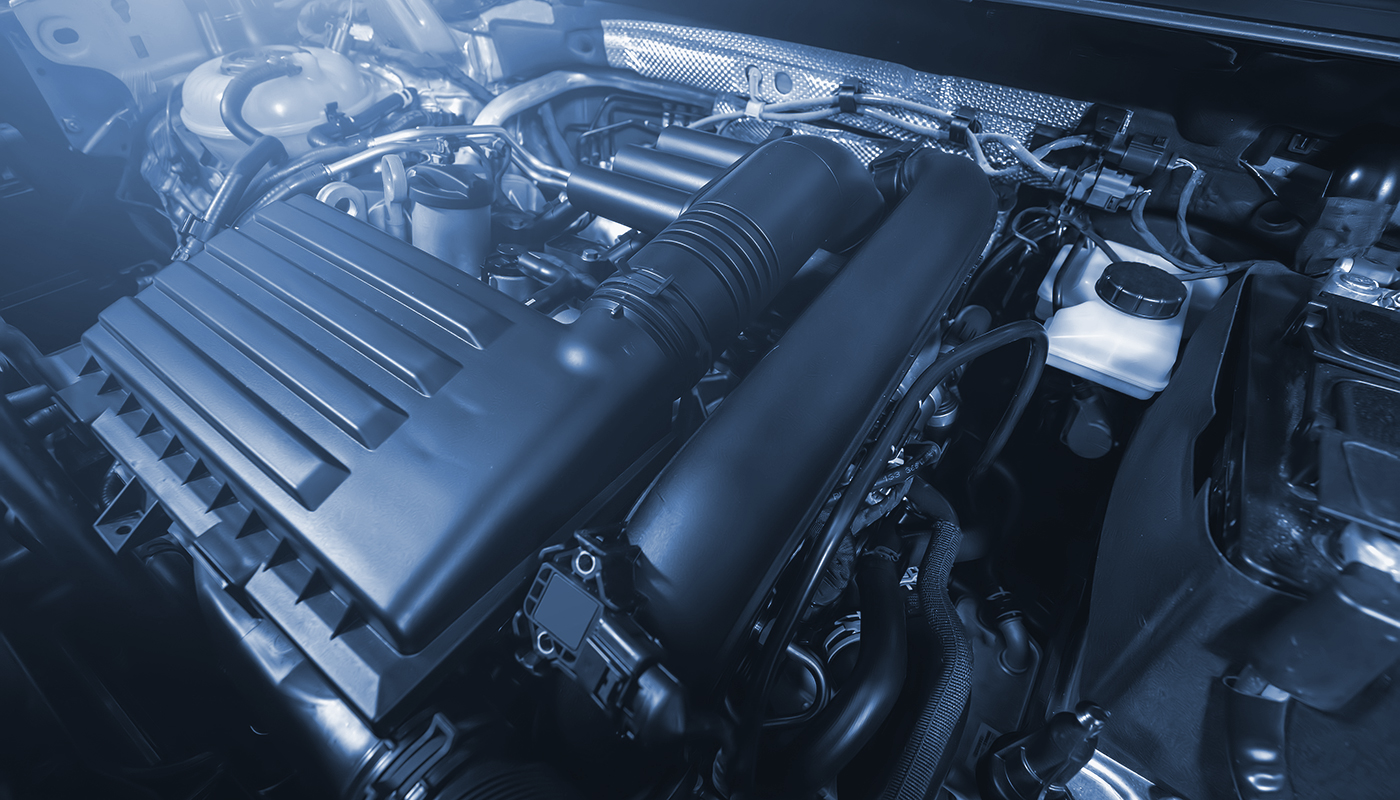 Adobe
Adobe
5. Knocking Under the Hood
A knocking noise under the hood is a clear indication of engine trouble. Often, this is caused by low oil levels, which can lead to engine damage if not addressed. Check your oil level with a dipstick and monitor your oil pressure. If the knocking continues despite having enough oil, seek help from a mechanic right away to prevent major engine damage. Learn how to check your engine oil.
6. Rattling When Driving
Rattling is a common issue that may be caused by a loose part like an exhaust pipe or heat shield. Inside the cabin, a rattling noise could be something as simple as loose change or a cup vibrating in the holder. If the sound persists, inspect the underside of your vehicle or visit a mechanic to tighten or replace the problematic part.
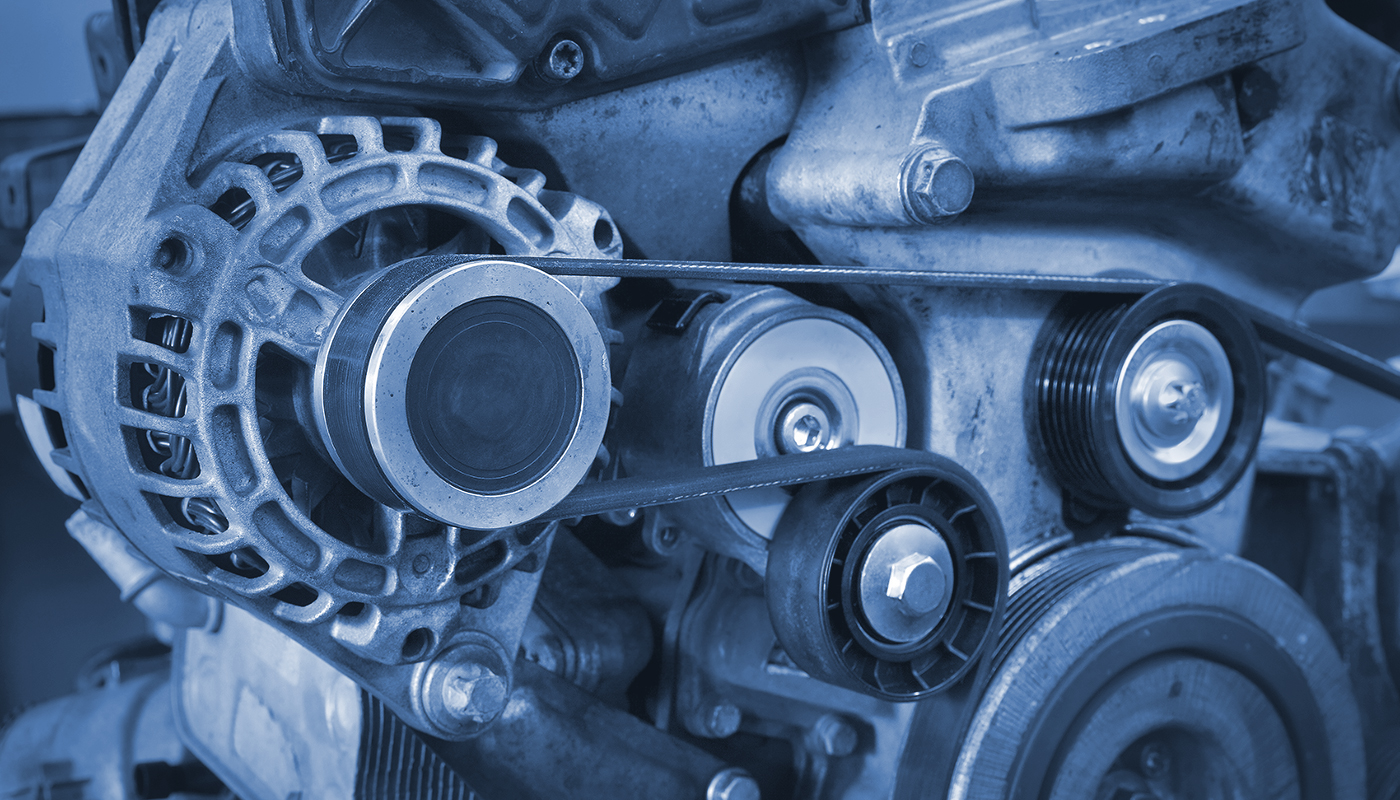 Adobe
Adobe
7. Squeaking Under the Hood
Squeaking noises coming from under the hood are often related to your engine’s belts. This sound might be more noticeable when you start the car on cold mornings or accelerate quickly. Belts can become worn or loosened over time, causing them to slip on their pulleys. Regular maintenance can help identify if your belts need adjusting or replacing.
8. Roaring Sound When Accelerating
A loud "vrooming" or roaring noise during acceleration often indicates a problem with your exhaust system. This could be due to a leak or crack that allows engine noise to escape. Additionally, if you notice difficulty shifting gears alongside the roaring sound, your transmission might be the culprit. Have a mechanic diagnose the issue before it leads to costly repairs.
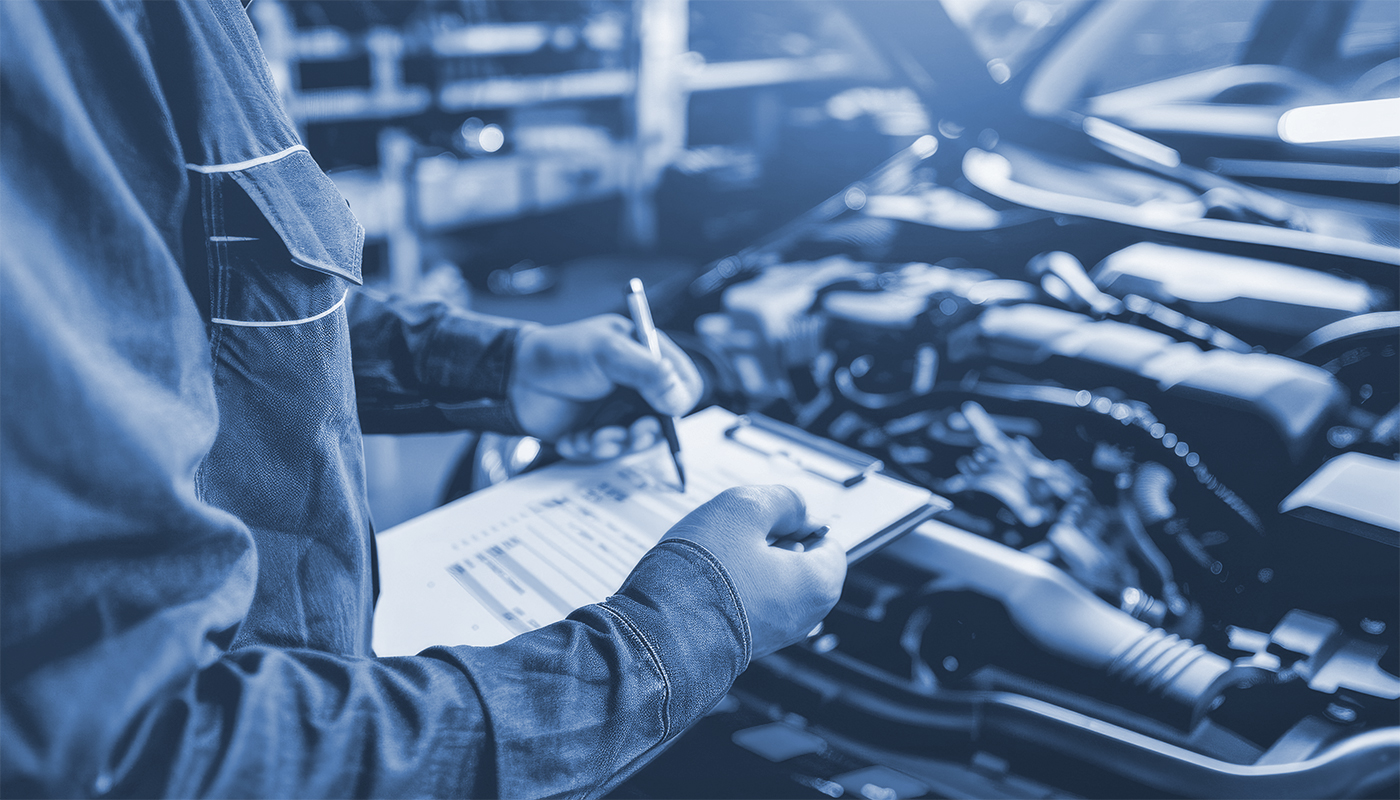 Adobe
Adobe
Preventative Maintenance: Act Before It’s Too Late
Addressing these strange noises early can help you avoid expensive repairs and keep your car in safe working order. Whether it's checking your brakes, steering system, or belts, routine car maintenance is key to prolonging your vehicle's life and ensuring a smoother ride.
One of the most important things you can do is check your engine oil regularly. Low or dirty oil can lead to engine knocking and other serious damage, so it's essential to follow your vehicle's recommended oil change schedule. Make it a habit to check the oil level using the dipstick and ensure that it’s clean and at the right level. Regular oil changes not only help avoid noises under the hood but also prolong the life of your engine.
Another vital area to maintain is your brake system. Squealing or grinding noises when braking are often signs that your brake pads are worn out or that debris has entered the system. To prevent this, inspect your brake pads and rotors regularly, and replace them before they wear down too much. Also, keeping an eye on brake fluid levels can improve brake performance and reduce the likelihood of dangerous grinding sounds. Regular brake inspections, particularly before long trips, are crucial for both safety and preventing costly repairs.
Finally, your car’s belts and battery need periodic attention to avoid unpleasant squeaks and starting issues. Over time, belts can wear out or loosen, causing squeaking noises, especially when you accelerate. A mechanic can check belt tension and replace any that are worn. Similarly, your battery should be tested regularly to ensure it's holding a charge. Cleaning battery terminals and replacing old batteries can prevent starting problems and clicking sounds. By staying proactive with these simple checks, you can avoid many of the common noises that signal bigger issues.